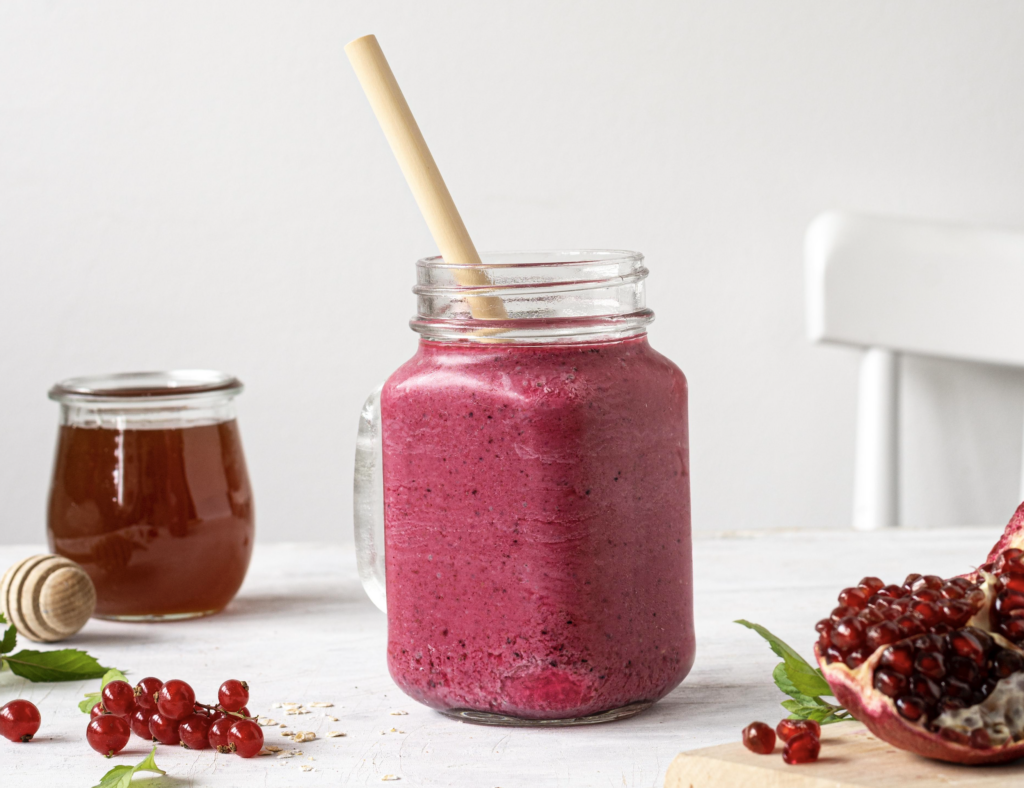Have you ever left a doctor’s office with a prescription for flavonoids? Imagine receiving advice such as:
“Consume 5 cups of herbal tea and 1 serving of berries daily.”
While unconventional, research is showing that this might be a crucial intervention for those at high risk of chronic disease, especially:
- Individuals with a genetic predisposition to Alzheimer’s disease, specifically those carrying one or two copies of the ApoE4 gene
- Patients with elevated blood pressure
- Individuals suffering from depression, a condition closely linked with both cardiovascular and cognitive decline
Though it may sound unusual, there is mounting evidence supporting the role of dietary flavonoids—naturally occurring plant compounds—in reducing the risk of neurodegenerative diseases. A large-scale study involving over 120,000 participants in the UK uncovered compelling findings: those who consumed higher amounts of flavonoid-rich foods saw a significant reduction in the risk of developing dementia.
The study’s findings are remarkable—just six daily servings of flavonoid-rich foods such as berries, apples, citrus fruits, sweet peppers, onions, and dark chocolate were associated with a reduction in dementia risk by more than 40%.
The Science Behind Flavonoids and Cognitive Health
Flavonoids, compounds responsible for the vibrant colors of fruits and vegetables, are powerful antioxidants. They work at the cellular level to combat oxidative stress and reduce chronic inflammation—both of which are central to the pathophysiology of neurodegenerative diseases like Alzheimer’s.
Oxidative stress occurs when there’s an imbalance between the production of harmful free radicals and the body’s ability to neutralize them with antioxidants. Chronic inflammation, meanwhile, can disrupt cellular communication in the brain and accelerate the progression of dementia and other age-related cognitive impairments. Flavonoids, by virtue of their antioxidant and anti-inflammatory properties, help to mitigate these processes, offering protective effects for both brain health and cardiovascular function.
A Targeted Approach to High-Risk Populations
For individuals with a higher genetic risk of Alzheimer’s, particularly those with the ApoE4 allele, dietary interventions are of paramount importance. The ApoE4 gene is the strongest known genetic risk factor for Alzheimer’s disease, increasing the likelihood of developing the condition by as much as 15 times for those with two copies of the gene. However, recent research suggests that environmental factors, including diet, can modulate the expression of this genetic risk.
Moreover, the relationship between cardiovascular health and cognitive decline is well-established. High blood pressure is a major risk factor for both vascular dementia and Alzheimer’s, as it damages the blood vessels that supply oxygen and nutrients to the brain. Flavonoid-rich foods, particularly those high in anthocyanins—such as berries and pomegranates—have been shown to improve endothelial function and reduce blood pressure, further strengthening their role in dementia prevention.
Depression, too, is increasingly being recognized as a precursor to cognitive decline. Studies suggest that depression and dementia share common pathological pathways, including inflammation and vascular changes. Given the anti-inflammatory properties of flavonoids, their role in reducing depressive symptoms while protecting brain health is an area of ongoing research.
Practical Strategies for Incorporating Flavonoids
Incorporating flavonoids into a busy lifestyle may seem challenging, but it doesn’t have to be. Simple dietary swaps can have a profound impact on long-term health outcomes. Here are a few strategies:
- Increase fruit and vegetable intake: Berries, citrus fruits, pomegranates, and dark leafy greens are excellent sources of flavonoids.
- Substitute sugary beverages for herbal teas: Hibiscus, and chamomile teas are rich in flavonoids and provide antioxidant support.
- Incorporate dark chocolate: A small daily serving of high-cacao dark chocolate offers a rich source of flavonoids, with added cardiovascular benefits.
Even small, consistent dietary changes can shift the body’s inflammatory balance in favor of health and resilience. The key is to view these choices not just as preventive measures but as integral parts of a long-term strategy for cognitive preservation and overall healthspan extension.
Flavonoid-Rich Smoothie Recipe for Optimal Brain Health

This smoothie is an excellent way to load up on a diverse array of flavonoids in one convenient, nutrient-dense meal. By combining vibrant fruits like pomegranate and berries with leafy greens, seeds, and antioxidant-rich ginger, it delivers a powerful punch of brain-boosting compounds. The blend of ingredients not only provides high levels of flavonoids but also includes fiber, healthy fats, and natural sweetness from dates and bananas, making it both delicious and functional. Whether you’re looking to enhance cognitive function, support heart health, or simply get more antioxidants in your diet, this smoothie is a quick and effective solution.
Ingredients:
- Fresh or frozen ginger – ¼ to ½ inch piece (no need to peel, simply wash thoroughly)
- ¼ fresh or frozen beet (peeled or well-washed, raw or cooked if you have digestion issues)
- 1 banana (fresh or frozen)
- 1 handful of kale (~1/2 cup loosely packed)
- ¼ cup pure pomegranate juice (no sugar added), or substitute with tart cherry juice
- 2-3 medjool dates (pitted)
- 2-3 sprigs of parsley
- 1 teaspoon pumpkin seeds
- 1 teaspoon flax seeds
- 1 whole lemon – peel and pith removed
- Water and/or ice to desired consistency
- Pinch of mineral-rich salt (Redmond Real Salt, Pink Himalayan, or Celtic sea salt)
Instructions:
- Add all ingredients to a high-powered blender, like the Vitamix.
- Blend until smooth. It may take a minute or more if your dates are a little tough.
- Any leftover smoothie can be stored in the refrigerator for up to two days.
This smoothie provides a highly concentrated source of flavonoids, antioxidants, and other essential nutrients that support cognitive function and vascular health.
Conclusion: The Power of Flavonoids for Long-Term Brain Protection
The role of flavonoids in brain health is no longer speculative. With increasing evidence from large-scale human studies, it is clear that these powerful plant compounds are a vital component of any strategy aimed at reducing the risk of dementia, especially for those with known genetic or cardiovascular risks.
Diet is one of the most modifiable risk factors for chronic disease. By incorporating more flavonoid-rich foods into your daily routine, you are taking a proactive step toward protecting your brain and promoting overall longevity.
Research:
JAMA Study on Flavonoids and Dementia.
Affiliate Disclosure: Some of the links in this post are affiliate links, meaning that if you click through and make a purchase, our clinic may receive a small commission at no extra cost to you. As an Amazon Associate, we earn from qualifying purchases. Thank you for your support!



